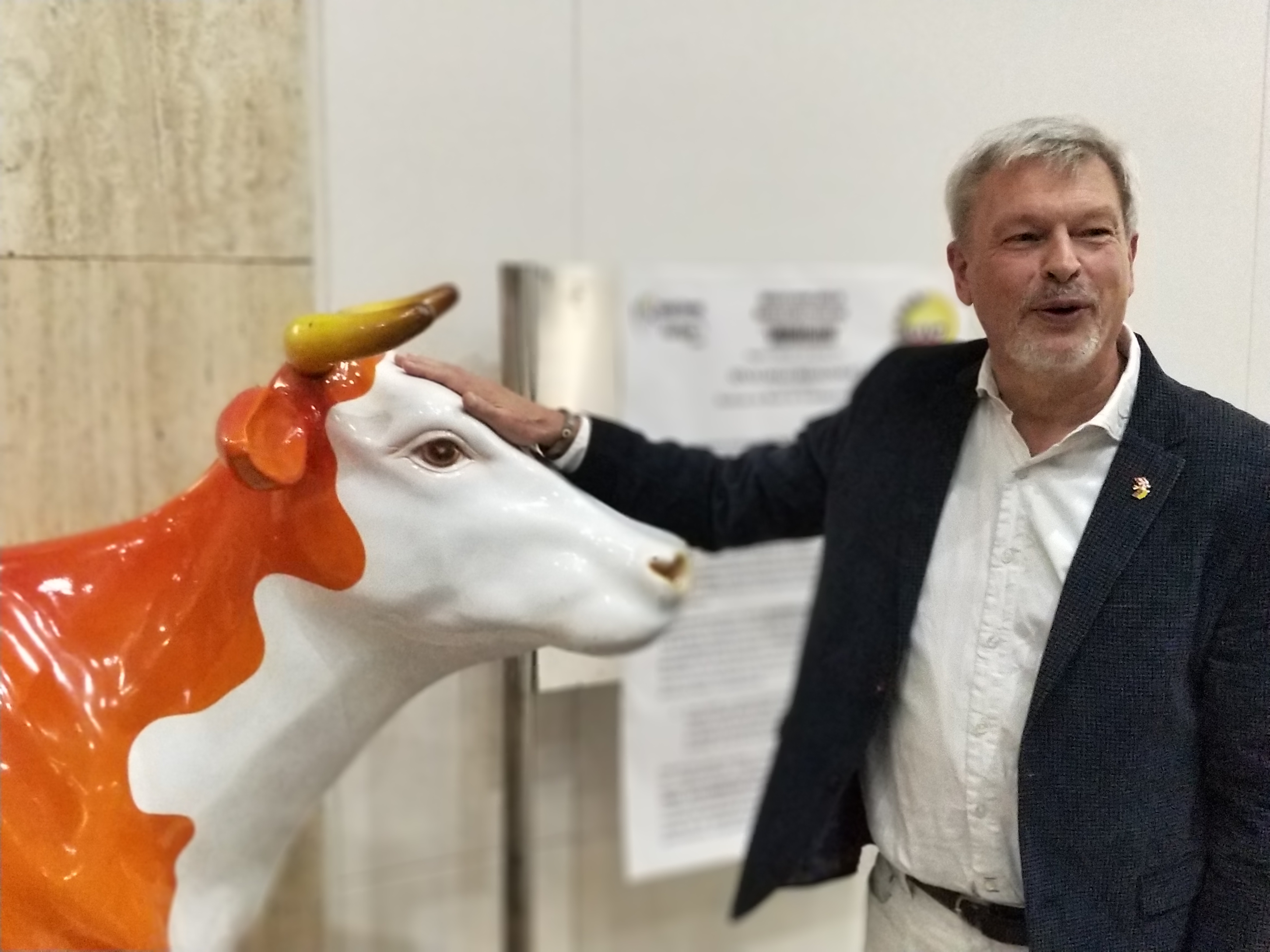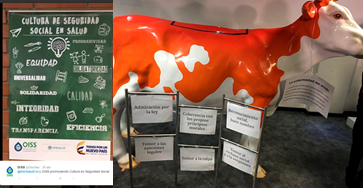
Colombia and the Danish health care system within the Danish/Scandinavian universal welfare state model
Professor John Storm from The Sociology Research Group was invited by The Danish Embassy in Colombia to present and discuss the Danish health care system in Columbia.

The Danish Embassy in Colombia invited a small delegation from Denmark to come to Colombia to present and discuss the Danish health care system. Therefore, we-two specialists in pharmacology from Bispebjerg Hospital, The Capital Region, and me, as a specialist in organization and management - went to Colombia in November 2017. The Danish Embassy in Colombia was established in 2014 because Colombia is considered a country in Latin America, which Denmark has an interest in concerning future cooperation.
The Ministry of Health in Colombia has shown an interest in learning more about the Danish health care system as a core element in the Danish universal welfare state model. The Ministry of Health in Colombia wants to introduce some elements from the Danish/Scandinavian model in the Colombian health care system. As member of the Danish delegation, I presented the Danish health care system to the Vice-minister of Health, her advisors and some key members of the staff of the Ministry of Health. The Vice-minister and her advisors presented to our delegation the health care system in Colombia. The Danish and the Colombian models were compared and discussed. We agreed that the health care system in Colombia is rather complex and none transparent because of (too) many stakeholders. We also agreed, it can be (too) difficult to manage a health care system which has (too) many stakeholders. Finally, too many stakeholders may reduce focus on the citizens as end-users of health care services. In the ministry´s efforts to deal with these challenges, the ministry has invented and works with the story telling of ‘the cow’. See picture.

The story telling, which the ministry promotes, is that all citizens have to contribute to ‘feed’ the cow with tax money to become able to ‘milk’ the cow´s health care services in the years to come. Besides, the ministry promotes the idea/vision that all stakeholders must to take care of the cow to ensure that the cow can be ‘milked’ the many next years. This cow story telling resulted in discussions on how the on average citizen in Colombia may interpret the cow story telling. What if the citizens’ interpretation is that some private companies and some bureaucrats ‘milk’ the cow during the night for own benefits, so the citizens not have all the ‘milk’ in the morning? What if the citizens´ interpretation is some private companies and bureaucrats don´t ‘feed’ the cow with all the tax money paid? If such interpretations are the norm, the citizens will not trust the health care system – the public sector! Sub-consequently, we discussed the possibilities to make the health care system less complex in terms of numbers of stakeholders involved and more transparent in terms of who ‘feed’ the cow with which amount of tax money resulting in which health care services to the citizens as end-users. The conclusion of this discussion was that it might be helpful to design some small-scale experiments within the Colombian health care system. We discussed how to design small-scale experiments having very few stakeholders and transparent flows of tax money and production and delivery of health care services to the citizens as end-users. One experiment could be to design a very simple health care system in a small town or neighborhood in Bogota (which has 8 - 10 million inhabitants) with very few stakeholders, focus on the citizens´ needs for health care services as end-users and only one unit (person) responsible for the whole experiment.
The Danish Embassy in Bogota and the Ministry of Health in Colombia will, in the coming months, suggest which experiments are most appropriate to design and carry out. On the basis of these suggestions, we shall discuss further cooperation between the Danish delegation´s institutions and the Ministry of Health in Colombia.
Read more about The Sociology Research Group here.